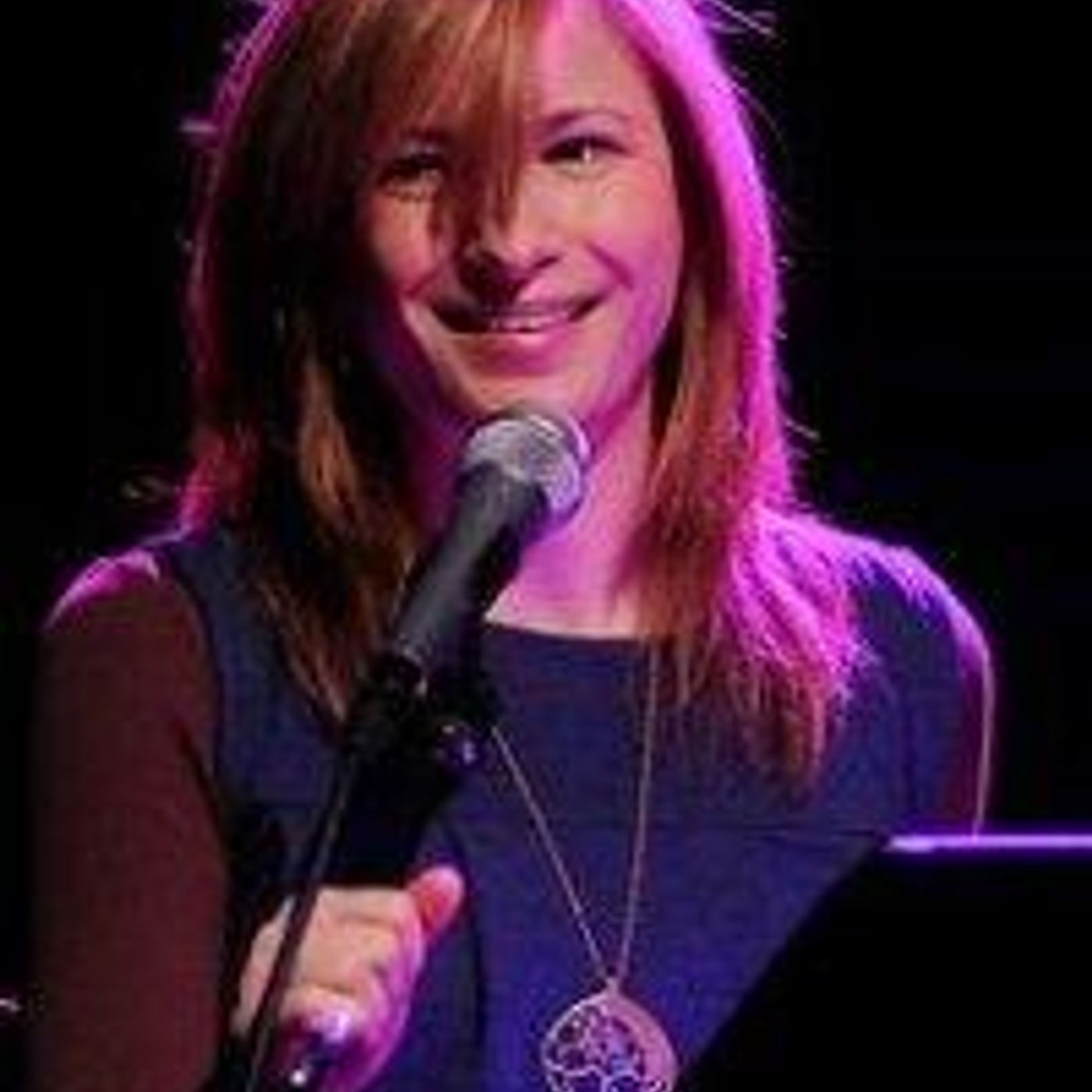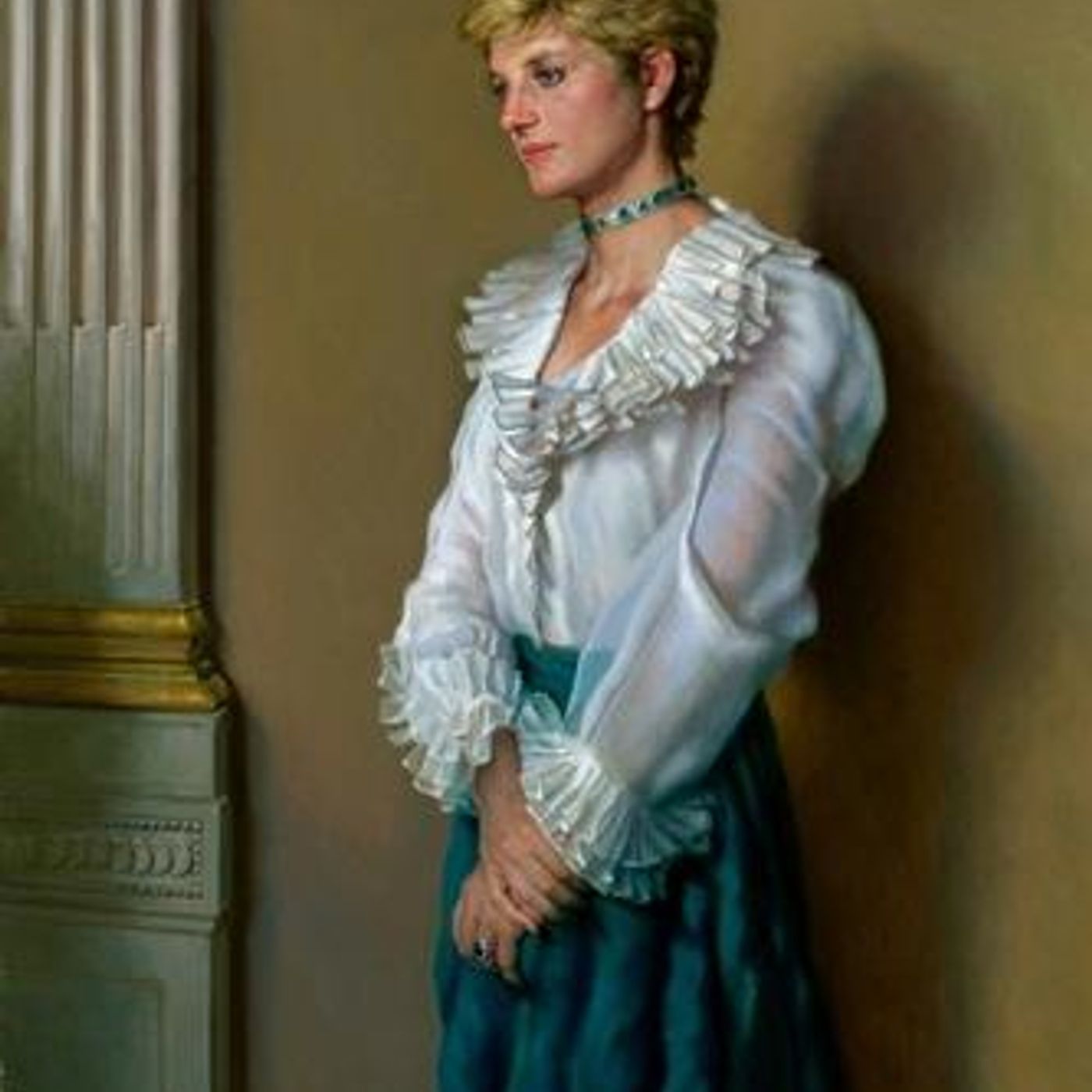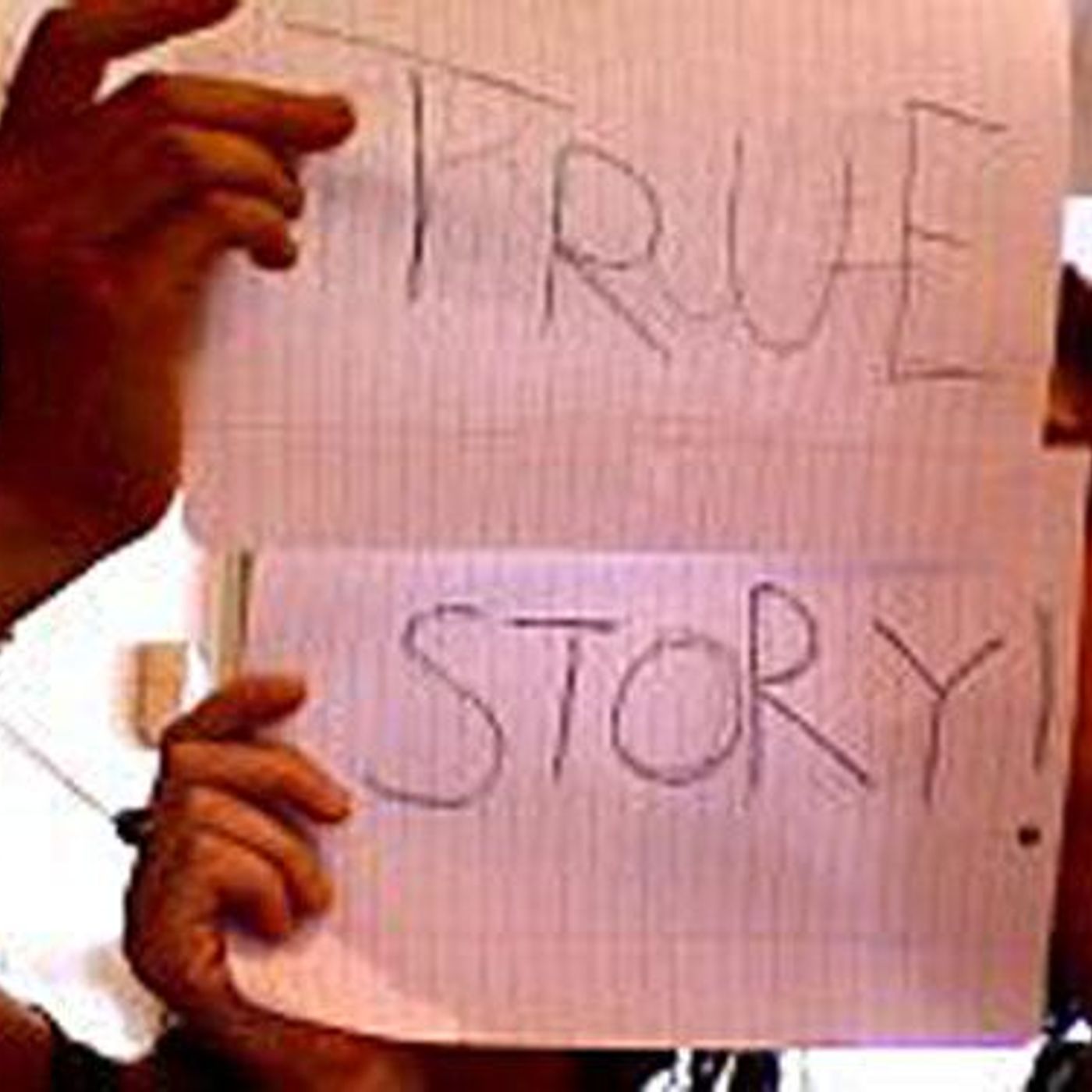Discover Talk to Me
Talk to Me

135 Episodes
Reverse
In 1976, the New York premiere of Philip Glass and Robert Wilson’s “Einstein on the Beach” captivated audiences, polarized critics and put both artists on the map of contemporary performance art. In four-and-a half hours, its famously reductive score, enigmatic text and limpid, tensile choreography (by Lucinda Childs) teases out the meaning of the time/space continuum.
Geoffrey Rush is one of Australia’s most celebrated exports, a protean character actor whose roles have ranged from the mentally frail pianist David Helfgott (his Oscar-winning performance in “Shine”) to George VI’s speech therapist Lionel Logue (“The King’s Speech”) to the Marquis de Sade (“Quills”).
Host and curator Amanda Stern concluded this season’s Happy Ending Music & Reading series at Joe’s Pub on July 11 with an evening themed around “communication.”
“If you are going to go through hell, keep going.” This is just one of the many robust adages coined by Sir Winston Churchill during World War II.
A new exhibition at the Morgan Library & Museum called “Churchill: The Power of Words,” which showcased his long, celebrated career as a statesman, writer, and orator, opened on Friday.
The PEN America Center’s organizational focus is the effect of world events on the safety and freedom of expression of writers, so the topic of war naturally looms large in its cultural consciousness. As part of the recent PEN World Voices Festival, Polish journalist and author Wojciech Jagielski was interviewed by Joel Whitney, a founding editor of Guernica: A Magazine of Art & Politics.
The 2012 PEN World Voices Festival ended with a talk about censorship at the Cooper Union by novelist Salman Rushdie (Midnight's Children, The Satanic Verses).
After the speech, the PEN festival founder had a conversation with writer Gary Shteyngart (The Russian Debutante's Handbook, Super Sad True Love Story).
Comparisons are invidious, but Hugo Hamilton is clearly a successor to the late Frank McCourt, author of the celebrated “Angela’s Ashes,” in the tradition of Irish memoir.
Hamilton read from his book, “The Speckled People,” as part of the PEN World Voices Festival on May 3. The event was held at Ireland House, a handsome mews building off Washington Square Park that is home to NYU’s Irish studies department. Hamilton was introduced by John Waters, head of the university’s Irish literature program.
Earlier in May, Jacob Weisberg, editor-in-chief for the Slate group, and author Jennifer Egan discussed Egan’s Pulitzer Prize-winning, genre-busting novel A Visit from the Goon Squad, and her writing process at The New School. Their conversation was part of the annual PEN World Voices Festival of International Literature.
One of the highlights of this year's PEN World Voices Festival of International Literature was a talk between writers E.L. Doctorow, Margaret Atwood and Martin Amis. New York Times chief film critic A.O. Scott asked the authors about America and its role in the global political culture at The Times Center.
The Sunday before the talk, Doctorow (Homer & Langley, Ragtime), Atwood (The Blind Assassin, Alias Grace) and Amis (Time's Arrow, The Rachel Papers) had written essays for The Sunday Review section of The Times on the subject.
Queen Elizabeth II celebrated her 86th birthday on April 21, and the entire Commonwealth is preparing to honor her on the occasion of her Diamond Jubilee on June 5.
The theme for the Happy Ending Music and Reading Series at Joe's Pub in March was Strange Places. Listen to the extraordinary — and absurd — environments that authors Jessica Anthony, Amelia Gray and Heidi Julavitz conjured up their readings.
The Center for New York City Affairs hosted a forum on February 2 to review the connection between child welfare and juvenile justice in New York City and the state.
The event, entitled “Ties That Bind: Reimagining juvenile justice and child welfare for teens, families and communities,” was intended to coincide with the implementation of key new initiatives that would bring the administration of the intertwined child welfare, juvenile justice and foster care services under New York City jurisdiction.
If there is a lesson to be learned from the post-curtain talk between John Hurt — who has just finished a limited run at the Brooklyn Academy of Music’s Harvey Theater in Beckett’s “Krapp’s Last Tape” — and philosopher Simon Critchley, it’s that if you throw philosophy at an actor, he’ll throw it right back.
The Happy Ending Music and Reading series has formed a partnership with the arts colony Yaddo located in Saratoga Springs, New York, to present programs featuring writers who have been Yaddo fellows. On December 7th, curator Amanda Stern welcomed three Yaddo alums at the series’ performance home, Joe’s Pub, for a program entitled “Reality and Scandal.”
The Asia Society inaugurated its new Asian Arts & Ideas series this month with “The ‘Chindia’ Dialogues,” a three-day forum that examined the confluence of the world’s two most powerful developing economies.
The organizers chose an unusual point of departure for event — not a historical overview, but a conversation between Jonathan Spence, former Sterling Professor of History at Yale, and the Indian novelist Amitav Ghosh.
The poet Anne Sexton took her own life in 1974, but had she lived, this year would have marked her 83rd birthday. Reason enough, thought the actor Paul Hecht, to organize an elegant tribute to her at the Cornelia Street Café on Nov. 14.
Two famed poets, essayists and translators — Lydia Davis and Eliot Weinberger — recently read from new work at the True Story: Non-Fiction reading series at the KGB Bar in the East Village.
While diplomats and academics met at the General Assembly of the United Nations on the East Side of Midtown Manhattan, the Asia Society hosted "Voices from Burma," an event honoring the stories of Burmese refugees and political prisoners.
Actor and playwright Wallace Shawn, actor Kathryn Grody, writers Amitav Ghosh and Deborah Eisenberg, and former political prisoner Law Eh Soe read from Nowhere to Be Home: Narratives from Survivors of Burma's Military Regime. Veteran journalist, educator, and current Director of the Asia Society's Center on U.S.-China Relations Orville Schell opened and closed the event.
Late last month, journalist Janet Malcolm had a conversation with New Yorker writer Ian Frazier at The New Yorker Festival. Malcolm's writing has been appearing in The New Yorker — as well as in other outlets — for almost 50 years.
Philip Schultz, the Pulitzer Prize-winning author of "Failure," among other books of verse, has written an unexpected work of prose called "My Dyslexia."
























